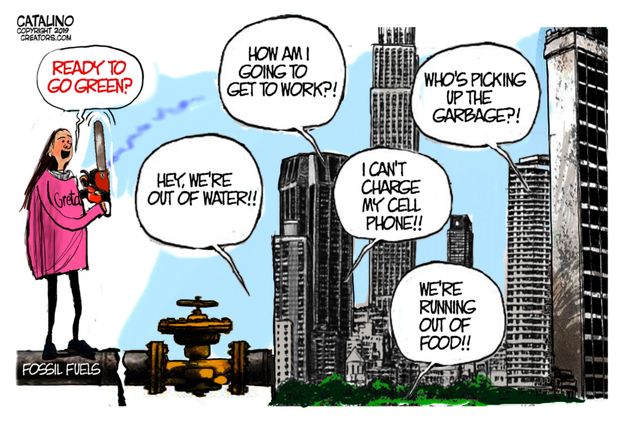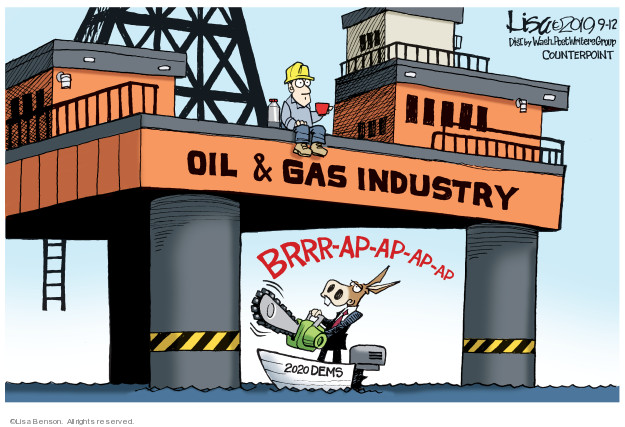/cloudfront-us-east-2.images.arcpublishing.com/reuters/MQFECDEES5KCDAK6DN2NX7USSI.jpg)
United Arab Emirates’ Minister of Energy and Infrastructure Suhail Mohamed Al Mazrouei attends a session of the Russian Energy Week International Forum in Moscow, Russia October 14, 2021. REUTERS/Maxim Shemetov
David Blackmon explains at Forbes UAE Energy Minister Urges The World To Make Up Its Mind About Oil. Excerpts in italics with my bolds and added images.
Speaking at the Global Energy Forum by the Atlantic Council in Dubai on Monday, United Arab Emirates (UAE) Energy Minister Suhail al-Mazrouei urged the public and global policymakers to make up their collective mind about whether they want more oil production, as quoted by Reuters.
“I think in COP 26 all the producers felt they were uninvited and unwanted but now we are again superheroes, it’s not going to work like that,” he said in reference to last year’s UN-sponsored COP 26 global climate conference, at which representatives from the oil and gas industry were disinvited to attend. Obviously, a short-sighted decision by the organizers, given recent developments.

Al-Mazrouei emphasized the need for long-term planning related to energy needs, and pointed to the reality that the recent pattern of governments and investors alternatively forcing under-investment in finding new oil resources and then demanding more oil production whenever prices rise is not sustainable. He pointed out that the OPEC+ cartel as a group must invest the capital needed to replace 5 to 8 million barrels of oil per day of production each year just to maintain a steady level of global supply.
“We as a country are trying to do our best. We are investing and raising our capacity to 5 million barrels,” he said. “But that does not mean that we will leave OPEC+ or do something unilateral. We will work with this group to ensure that the market is stable.“

Oil company leaders who have seen their industry derided for years by the climate change lobby and globalist politicians in the U.S. and other Western democracies who have pumped the energy transition narrative can be excused for seeing more than a little irony in the suddenly urgent calls from the same policymakers for them to now rapidly raise their production levels. Indeed, expecting a major supply response from the U.S. industry in the current economic environment seems not just ironic, but unrealistic.

The point is that the days of the U.S. industry being able to increase production by an amazing 2 million barrels per day, as it did across one 12-month period during 2018-19, are no longer with us. The industry simply lacks the investor capital support and supply chain efficiency to run the 1,000+ active drilling rigs required to accomplish that in the current environment.
That doesn’t mean, however, that U.S. domestic production will not rise during 2022. In fact, the Dallas Federal Reserve Office recently reported results of a survey that indicate that the corporate U.S. producers plan to increase their year-over-year production by 6% in the current year, while privately held companies plan a more robust 15% increase. If those plans combine to produce, say, an 8% increase overall, it would mean an increase in U.S. daily production of almost 1 million barrels per day during the 2022 calendar year.
Given the successful efforts by both government and ESG investors to limit the domestic industry in recent years, that would be a pretty extraordinary achievement. So, Minister al-Mazrouei is right in saying that oil producers shouldn’t be treated as superheroes, but their companies are still capable of doing some big things despite the best efforts of their opposition.

Energy is a life and death issue
Oil, natural gas, and gas liquids have brought humanity out of excruciating and challenging lives to what many, but not all, enjoy today. Access to reliable and effective energy has ensured literally billions of human beings living lives out of poverty and in a much healthier state than historical standards. There remains a need to bring reliable energy to more than 1 billion people.
A very direct correlation exists between the use of hydrocarbons and economic growth and life expectancy.
In the previous 40 years, the global consumption of oil and liquids has increased by ~60%. Over 90% of this increase in consumption has been outside North America. This availability contributed to significant reductions in the number of people in poverty.
The objection to the use of oil and gas de-prioritizes humans and is an assault on humanity.
LikeLike
Agreed Bruce. But the ruling class works in politics, entertainment and cybertech, so they never got their hands dirty finding, extracting, refining and delivering the energy goods. So they know not what they do when they demean fossil fuels and think they can live on zero.
LikeLike
Reblogged this on Climate Collections.
LikeLike